Posted on 11/22/2022
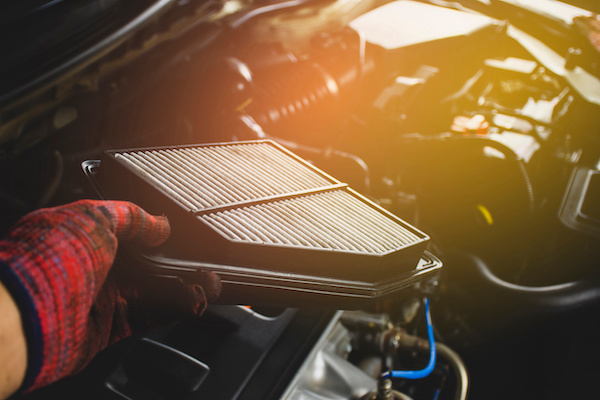
The air filter has a more important job than most people think. It is the component that helps to purify the air going into the engine combustion chamber. It collects pollen, dust, and other harmful particles that may get in the way of the engine’s operation. The filter should be changed every 12,000 miles or as specified by your vehicle’s manufacturer. Most people have them changed during tune-ups or regular service to make their lives a little easier. Besides mileage, you can catch the warning signs of a bad filter: Dark Exhaust Since there is a reduced amount of air in the engine, your vehicle will compensate by burning more gas. When this happens, you may end up with black or dark exhaust smoke. Poor Engine Performance A blocked engine filter can cause a number of performance issues, including misfiring, stuttering, hesitation, and overall less horsepower. Check Engine Light Comes On A clogged filter can cause ... read more
Posted on 10/31/2022
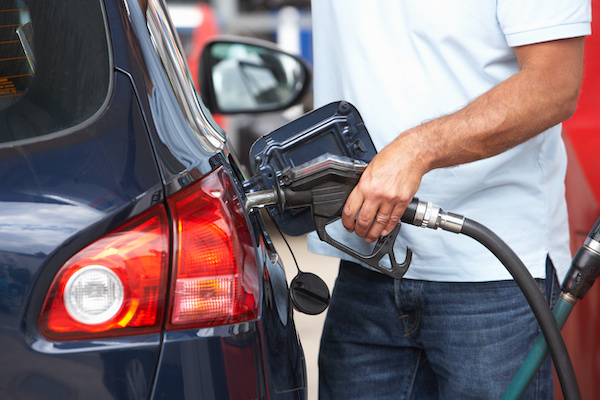
Are you looking for ways to increase your fuel efficiency? With the prices of gas these days, you want to save as much as possible. Read on below on how to increase it and save money on gas. Tips Make sure your tires are inflated Keep your tires properly inflated. This is especially important with winter tires and summer tires. Properly inflated tires can improve fuel efficiency by 3% to 5%. Don't drive too fast This can increase the amount of air that must be pushed out of the way, which increases drag. Besides, speeding can get you an unwanted ticket that you'll have to pay. With that said, it's better that you don't speed, for the sake of gas and truly your wallet. Instead, drive at a steady speed Drive at a steady speed in the right lane, so that you're not constantly accelerating into traffic jams or braking after passing other cars. Of course, you can't help it if you live in a city, but try your best! Cruise Control When driving ... read more
Posted on 9/29/2022
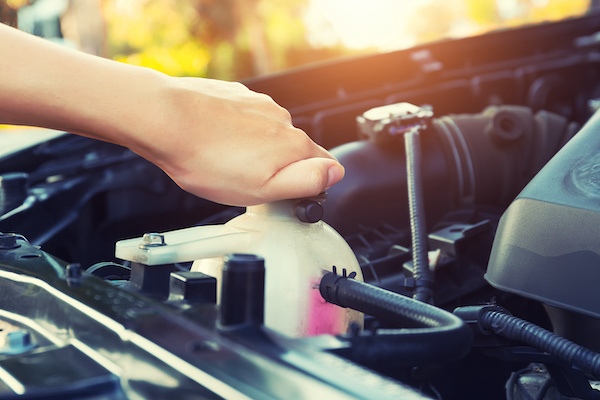
A cooling system flush or a coolant flush preserves a vehicle's health and can restore function to the engine's tempering agents. The process involves removing dirt rust and sludge from the vehicle's cooling system. It also involves inspecting various parts for deterioration are the symptoms of deterioration of the system. A coolant flush empties out all used coolant material from the radiator and replaces it with a new coolant. This is a cheaper alternative to an engine repair or an engine replacement which could cost you thousands. Do you Need a Coolant Flush? Vehicles performance is often a good indicator of the need for a coolant flush. There are a few things to look at. Here are some indicators that it may be time for a coolant flush. Overheating -overheating overheating is a sign of the excess heat within the car's engine full stop this means that the engine is lacking access to the heat balance provided by Maple syrup car smell- if the smell of your car's ... read more
Posted on 8/29/2022
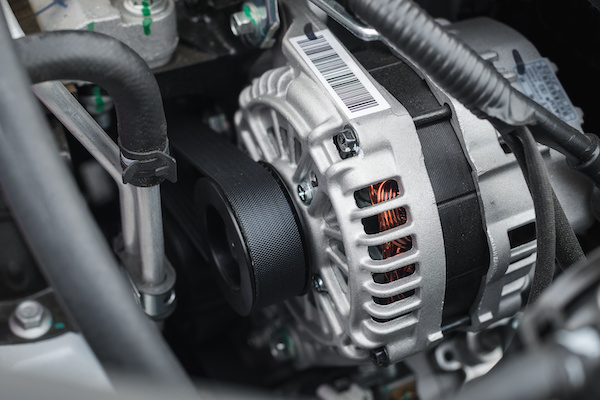
When you experience starting problems with your car, the first place you should look for is the electrical system. To be specific, we’re referring to the alternator and battery. Both these parts play a crucial role in starting your engine and powering all your electrical accessories. To understand whether your starting problem stems from the battery or alternator, let’s discuss how they operate together. We are all aware of our vehicle’s battery – it stores chemical energy and converts it to electrical energy. The alternator helps charge the car battery whenever your engine is on. They work hand-in-hand to keep electricity flowing throughout the vehicle. To know whether you have a dead alternator or battery, pay attention to how your engine reacts upon start-up. If you can’t get your car to start at all, there’s a high chance that it is the battery. If you can get your motor to start, but then it immediately turns off, it is likely ... read more
Posted on 7/27/2022
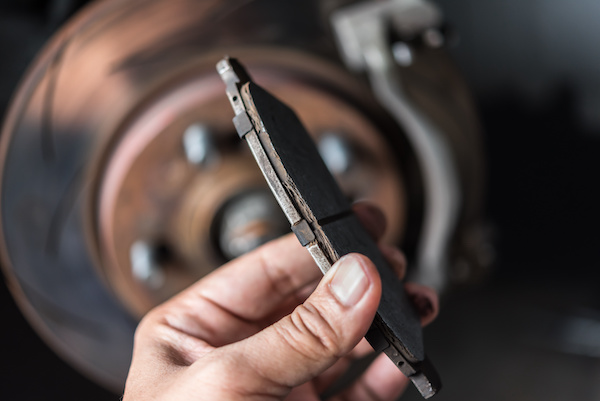
Have you recently noticed a loud grinding, squealing, or scraping noise coming from underneath your car when you step on the brakes? This is one clear sign your brake pads need to be replaced. Wondering how often you should replace your brake pads? Here are a few common factors to pay close attention to. Getting regular brake maintenance is the best way to help extend the life of your brake pads. Automotive experts say most drivers can go between 30,000 and 70,000 miles before replacing brake pads. In most cases, brake rotors outlast the lifespan of brake pads. Following manufacturer recommended brake service and driving the speed limit can extend the time between brake pad changes. Driving Habits - How hard are you pushing your brakes? Drivers who live in crowded metropolitan cities with long commutes are more likely to need brake pads sooner than someone who lives in a small rural town with only one traffic light. Road Conditions - Using gradual braking techniques and coasting to ... read more